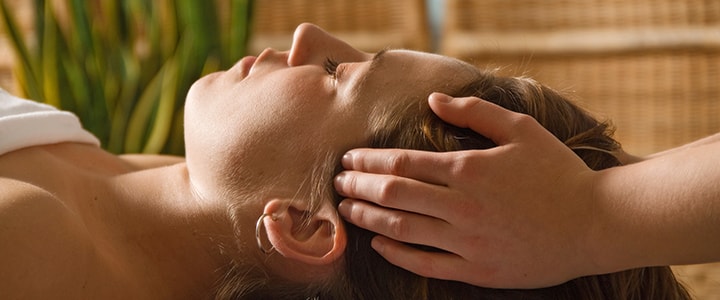Helping Your Neck and Back Pain # 2

16 November 2013
Every day we impose abuse on our backs that we may not be aware of. Examples are:
sitting hunched over your desk at work;
carrying heavy handbags, briefcases,
wearing improper and unsupportive shoes;
wearing heavy winter jackets.
The following are some critical information you should know about your spinal discs. The discs—the shock absorbers between the vertebrae—are 90 percent water. After age 30, they begin to compress, raising your risk of disc degeneration, herniated discs and osteoarthritis of the joints.
So how can you help your discs? Well, because they are 90% water, you need to be aware of how much water you drink each day. That is the first step you can take to begin helping your discs. Drink 4-6 glasses of water per day. This will help to hydrate your discs, keeping them from becoming dry and brittle. Initially, it maybe hard for you to do, but the results you feel will be significant.
The next thing is to try to get 6-8 hours of restful sleep. Why? As you sleep, your discs hydrate—ie. they absorb more water , which is nature's way of keeping them healthy. But, if you do not drink enough water each day, this natural effect could be limited.
Did you know that when this natural mechanism takes place, you are about
¼ to ½ inch taller in the morning, compared to the end of the day! This shows how powerful water and its hydration effects, plus a good night's sleep are on your discs.
However, the above information points to a couple of interesting facts. The first is that when people sleep in on weekends or holidays, upon getting up they feel more stiff and achy in their backs. The increased sleep increases hydration, making the discs fuller, thus stretching the deep muscles around your vertebrae.
The second point is regarding exercising in the morning. The general rule of thumb is if your have back pain, you should not. Because the discs are hydrated and they are already gently stretching the deep muscles, the additional stretch/movements with exercises may contribute to other problems, such as a herniated disc. However, if you are doing an effective stabilization Rehab Program, and using proper technique, you should be okay to do some exercise in the morning.
So, you now understand a few crucial bits of information regarding your spinal discs, water, sleep and exercise. If you make these minor changes, they will go a long way toward helping your back/neck pain.
Please share this article with your family, friends or colleagues.
Best regards,
Dr. Don
